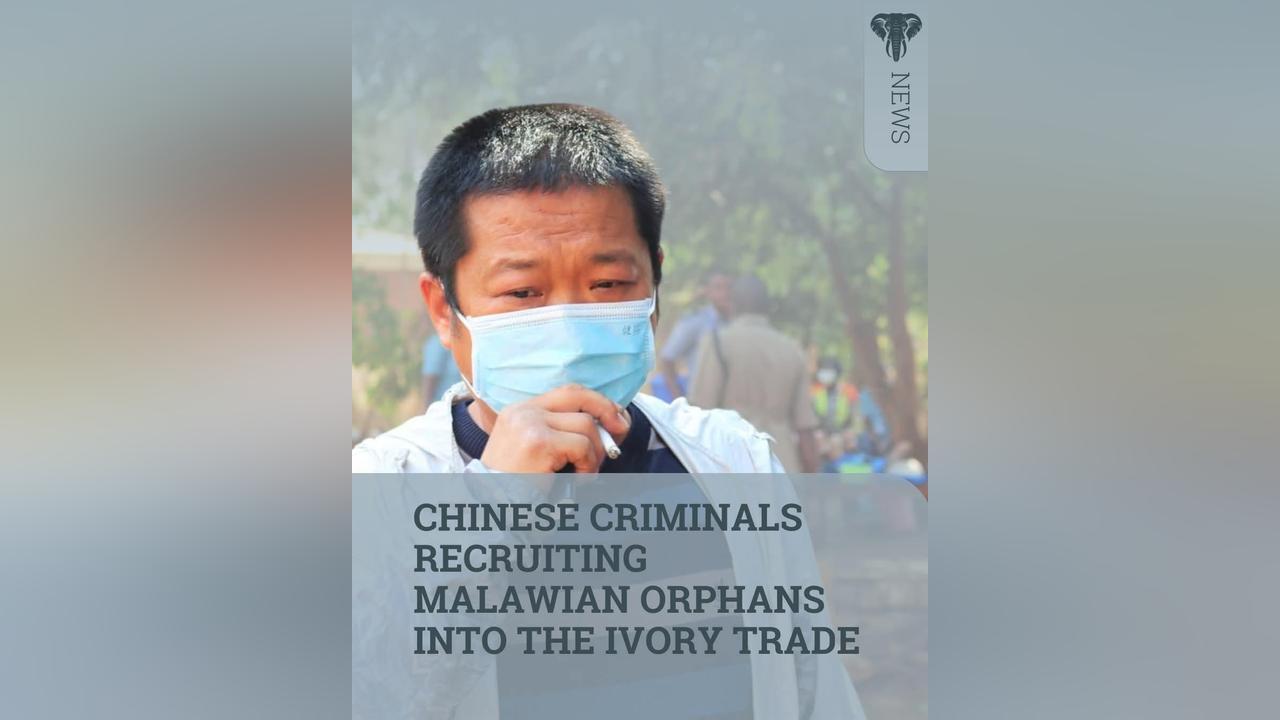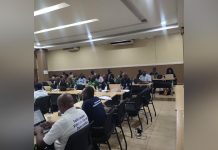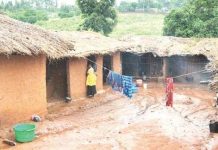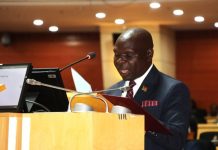By nyasatimes
Africa-Press – Malawi. A shocking investigation by The Economist has ripped the veil off what appears to be one of Malawi’s darkest scandals — a wildlife trafficking network allegedly operating through the Taiwanese Buddhist-managed Amitofo Care Centre (ACC) in Blantyre.
The centre, originally founded to care for orphans and vulnerable children, now stands accused of being infiltrated by Chinese-linked wildlife criminals who allegedly groom and exploit orphans to traffic ivory and other protected species.
What was meant to be a sanctuary for hope and healing has, according to the investigation, become a pipeline of exploitation, corruption, and betrayal of the nation’s most vulnerable.
From Orphanage to Ivory Mule: Francis’s Story
At the heart of The Economist exposé, titled “The School for Wildlife Traffickers”, lies the chilling testimony of Francis, a 19-year-old former resident of Amitofo.
Francis alleges that he was coerced by Amitofo’s Human Resources Manager, Branson Njunga, into participating in ivory smuggling operations linked to Chinese traffickers.
Njunga — who was recently arrested in Chikwawa for possession of ivory — allegedly served as the critical link between the orphanage’s vulnerable youth and the foreign wildlife crime syndicates.
“He had heard about former students at Amitofo who had been recruited into the illegal wildlife trade,” journalist Rachel Nuwer reports. “He had also seen people caught with ivory sentenced to long prison terms.”
Terrified of following that path, Francis fled the centre — a decision that may have saved his future.
The Network: Njunga, Lin, and the Chinese Syndicate
Undercover sources quoted by The Economist say Njunga admitted to working directly with Chinese associates in Lilongwe, offering to supply them with up to 20 kilograms of ivory.
“It’s risky business, but where there’s money, people take risks,” Njunga allegedly told an undercover reporter.
Njunga’s recent arrest alongside two accomplices found with ivory confirms suspicions that Amitofo staff were not only aware of the trafficking — they were active participants.
He now faces charges under Malawi’s Wildlife Conservation and Protection Act, which carries severe custodial penalties. But Njunga, investigators say, is just one cog in a far bigger machine.
The Shadow of Yunhua Lin: The Pardoned Kingpin Still Pulling Strings
The investigation also revisits the notorious case of Yunhua Lin, a convicted Chinese wildlife trafficker controversially pardoned by President Lazarus Chakwera in July this year.
Lin had been serving a 14-year prison sentence for masterminding one of southern Africa’s biggest ivory smuggling operations. His pardon sparked public outrage and accusations of political interference.
Adding insult to injury, Lin’s Malawian associate, Aaron Dyson, remains imprisoned — despite claims that he was coerced into trafficking under Lin’s command.
Lin, now facing fresh corruption charges, has been denied bail multiple times for being a flight risk — yet he has again filed another bail application, raising questions about judicial manipulation and his continuing influence.
A human rights expert at Chancellor College said the revelations expose deep institutional capture:
“It is shocking how Chinese traffickers manipulate desperate Malawians — even orphans — to commit crimes, only for locals to rot in jail while the masterminds use their money to buy freedom.”
According to The Economist, Lin maintained ties with Amitofo’s Lilongwe branch and even purchased land nearby allegedly used to store illicit wildlife products.
His network reportedly recruited several former Amitofo students — including Dyson — to smuggle ivory and rhino horn across Namibia, Botswana, Tanzania, Kenya, and Zimbabwe, under Lin’s direction and financing.
Government Silence and a Call for Accountability
Despite the gravity of the revelations, no official response has yet come from the Ministry of Gender, Ministry of Justice, or the Department of National Parks and Wildlife.
Environmental and human rights activists have condemned the silence and inaction, calling it a national disgrace.
“The government must immediately investigate the Amitofo Care Centre, protect the orphans, and probe the circumstances surrounding Lin’s presidential pardon,” said a Lilongwe-based environmental advocate, who requested anonymity.
He added: “Anything less would be a betrayal of the very children and communities the state is meant to protect.”
Another legal expert from Chancellor College issued a blunt warning: “If these findings are ignored, Malawi risks becoming the epicentre of wildlife trafficking in southern Africa — driven by poverty, foreign exploitation, and official indifference.”
A Moral and National Emergency
This investigation is more than an exposé of criminal activity — it is a moral indictment of a system that looks away while its children are preyed upon.
It raises haunting questions:
How deep does the corruption go?
Who enabled Lin’s pardon?
And why are religious and charitable institutions being allowed to operate with so little oversight?
Until those answers are found, Malawi’s wildlife — and its children — will remain in danger.
Source: Malawi Nyasa Times
For More News And Analysis About Malawi Follow Africa-Press






